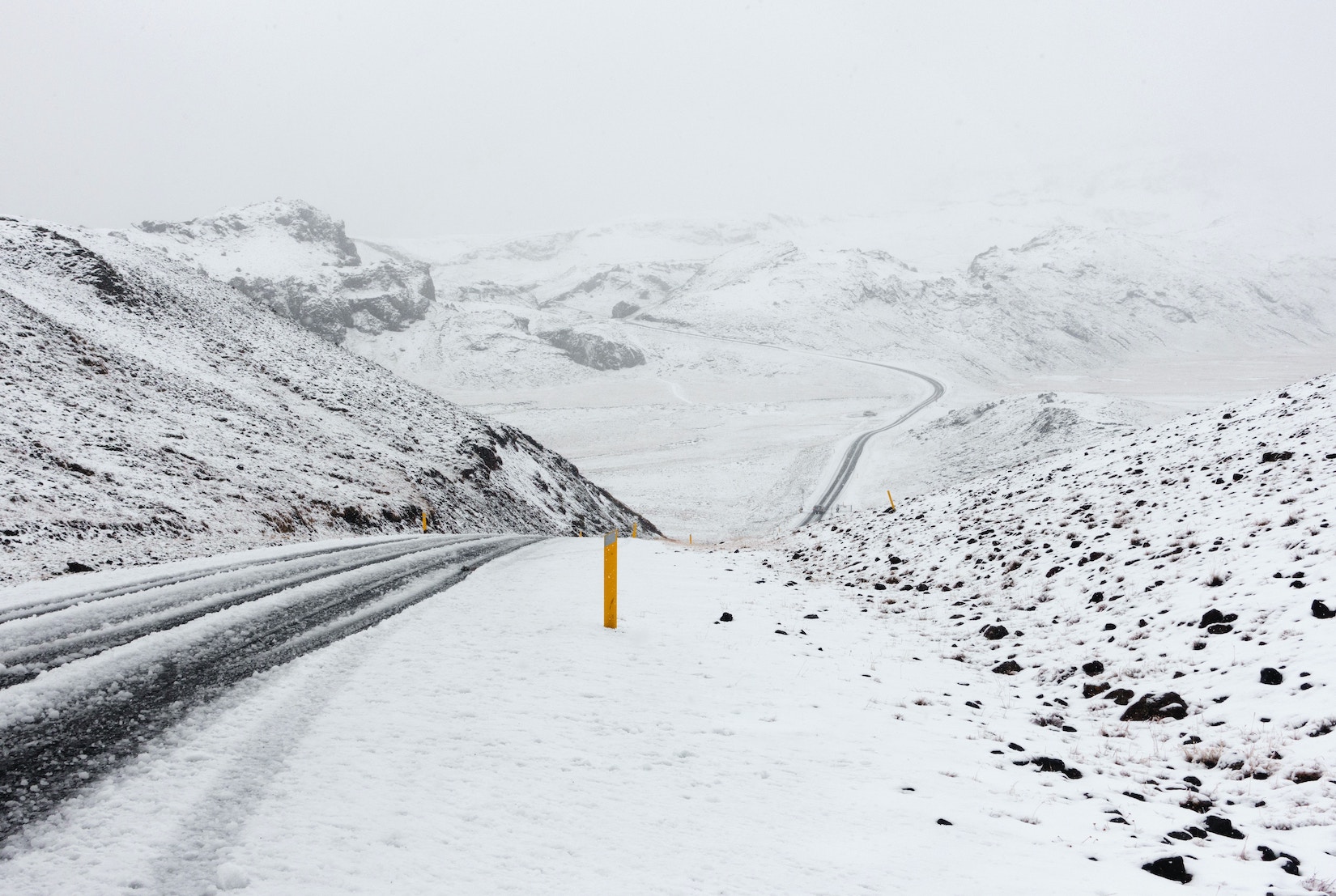Table of Contents
Vehicle Preparation for Rocky Mountain Winters
Preparing your car for winter involves more than just routine maintenance. Key aspects include equipping your vehicle with high-quality winter tires for improved traction on snow and ice. It’s also crucial to ensure that your brakes are in top condition and your battery is robust enough to withstand cold temperatures. Using antifreeze suitable for extreme cold is a must to prevent your engine from freezing.
Moreover, good visibility is vital, so check that all lights are functioning correctly and replace your wiper blades with ones designed for winter conditions. Lastly, an emergency kit stocked with essentials like blankets, food, water, a flashlight, a first aid kit, a shovel, and sand or kitty litter for traction can be a lifesaver in unexpected situations.
Driving Skills for Winter Conditions
Navigating the Rockies in winter requires a different set of driving skills. Slowing down is perhaps the most critical advice, as it gives you more time to react to road conditions and traffic. Gentle and steady braking helps avoid skids, especially on icy or snow-covered roads. When descending steep roads, using lower gears to control your speed can be more effective than relying solely on brakes. Smooth and gradual steering inputs are essential to maintain control and prevent skidding.
Handling Emergency Situations
When facing emergencies in winter conditions, especially in the remote and rugged terrain of the Rockies, being prepared can make a significant difference.
- Staying Warm and Conserving Energy: If stranded, it’s essential to keep warm without exhausting your vehicle’s resources. Run the engine and heater for about 10 minutes every hour to maintain warmth, ensuring the exhaust pipe is clear of snow to prevent carbon monoxide build-up inside the car. Use any blankets or extra clothing from your emergency kit to conserve heat.
- Attracting Attention: In low visibility conditions, making your vehicle visible is crucial. Use emergency flashers, flares, or reflective triangles. At night, keep your dome light on if possible, as it consumes minimal power but can be a beacon for rescuers.
- Rationing Supplies: If you’re stuck for a prolonged period, ration any food and water you have. Staying hydrated and maintaining energy levels is important, but be mindful of your supplies.
- Signaling for Help: If you have a cell phone with service, call for help and provide your location as precisely as possible. If you’re in an area with poor service, sending a text message, which requires less signal strength, can sometimes get through when a call cannot.
Legal and Ethical Responsibilities
Understanding and adhering to legal and ethical responsibilities is about compliance and ensuring your and others’ safety.
- Chain Laws and Winter Tires: In some areas of the Rockies, chain laws come into effect under certain conditions. This means vehicles must have chains or snow tires to proceed. It’s legally required and crucial for safety. A study shows that 81% of winter tire owners believe these tires have saved them from hazardous driving situations, such as loss of control or a collision. Check local transportation websites for chain law statuses and requirements.
- Reporting Accidents: If involved in an accident, it’s legally required to report it, especially if there are injuries or significant property damage. Additionally, offering assistance to others in an accident is not just an ethical responsibility but can be lifesaving in cold, isolated conditions.
- Respecting Road Closures and Warnings: Road closures and warnings are put in place for safety. Respecting these signs and not attempting to navigate closed roads is both a legal and ethical obligation.
Tips for Long-Distance Winter Journeys
Long-distance journeys in winter conditions require extra planning and precautions:
- Frequent Rest Stops: Long drives can be fatiguing, especially in winter when concentration levels need to be high. Plan for regular rest stops to stretch, refresh, and check your vehicle’s condition, including tire pressure and fluid levels.
- Hydration and Nutrition: Keep a supply of water and non-perishable, high-energy foods such as nuts, energy bars, and dried fruits in your car. Staying nourished and hydrated is crucial, particularly if you get stranded.
- Communication Plan: Always let someone know your route, destination, and expected arrival time. Check in regularly, especially if your plans change. This ensures someone is aware of your whereabouts and can alert authorities if you don’t arrive as expected.
- Alternate Routes and Accommodations: Have a backup plan. Research alternate routes and note down the locations of accommodations along your route in case you need to stop due to worsening conditions or fatigue.
- Vehicle Checks: For longer journeys, more thorough vehicle checks are advisable. This includes checking the antifreeze levels, ensuring the heater and defroster work effectively, and confirming that your lights and brakes are in optimal condition.
Embracing Winter Safely with Confidence
Navigating the snowy paths of the Rocky Mountains can be a magical experience when done safely. While this guide equips you with vital knowledge and tips for winter driving, it’s essential to remember that the unexpected can still happen. If you find yourself in a situation involving a motor vehicle accident, whether it’s a car, motorcycle, truck, or pedestrian accident in Denver, remember that professional legal assistance is just a call away.
The Paul Wilkerson Law Firm specializes in personal injury related to motor vehicle accidents. Our expertise and commitment to our clients make us a trusted ally in challenging times. If you ever need guidance or representation, don’t hesitate to reach out to us. Stay safe, and remember, for reliable legal support related to any motor vehicle accident, just Call Paul.
The Paul Wilkinson Law Firm is a team of personal injury attorneys in Denver, CO serving victims of car, truck and motorcycle accidents. Each of our lawyers is licensed with the Colorado State Bar (CBA) and specialize in injury law.
We've recovered tens of millions of dollars in personal injury settlements and verdicts for our clients. For 13+ years we've helped thousands of people get back on their feet after experiencing serious injuries. We will take your case to trial and get the maximum settlement possible.



